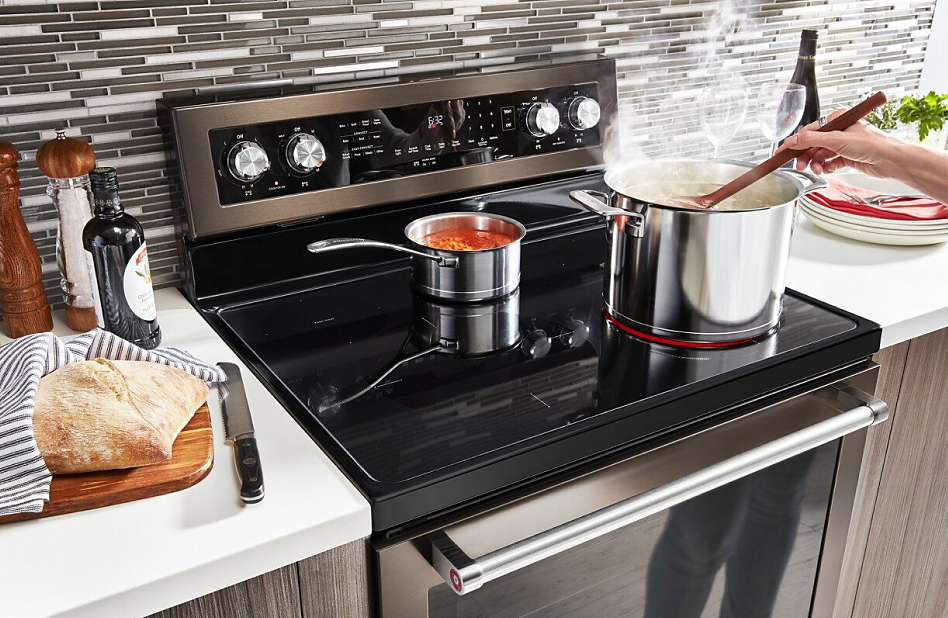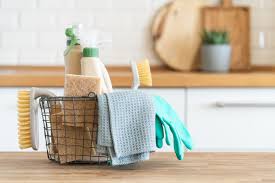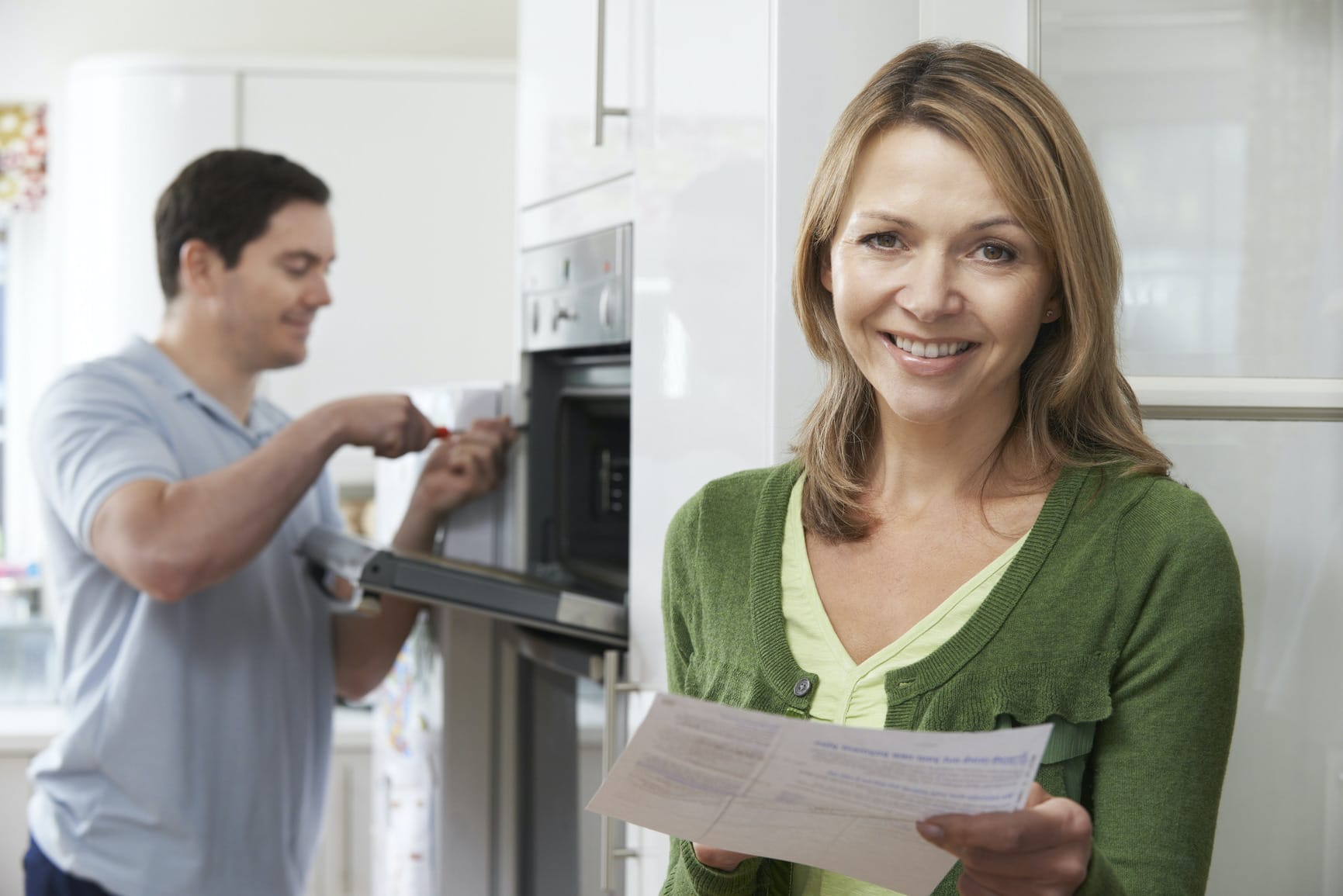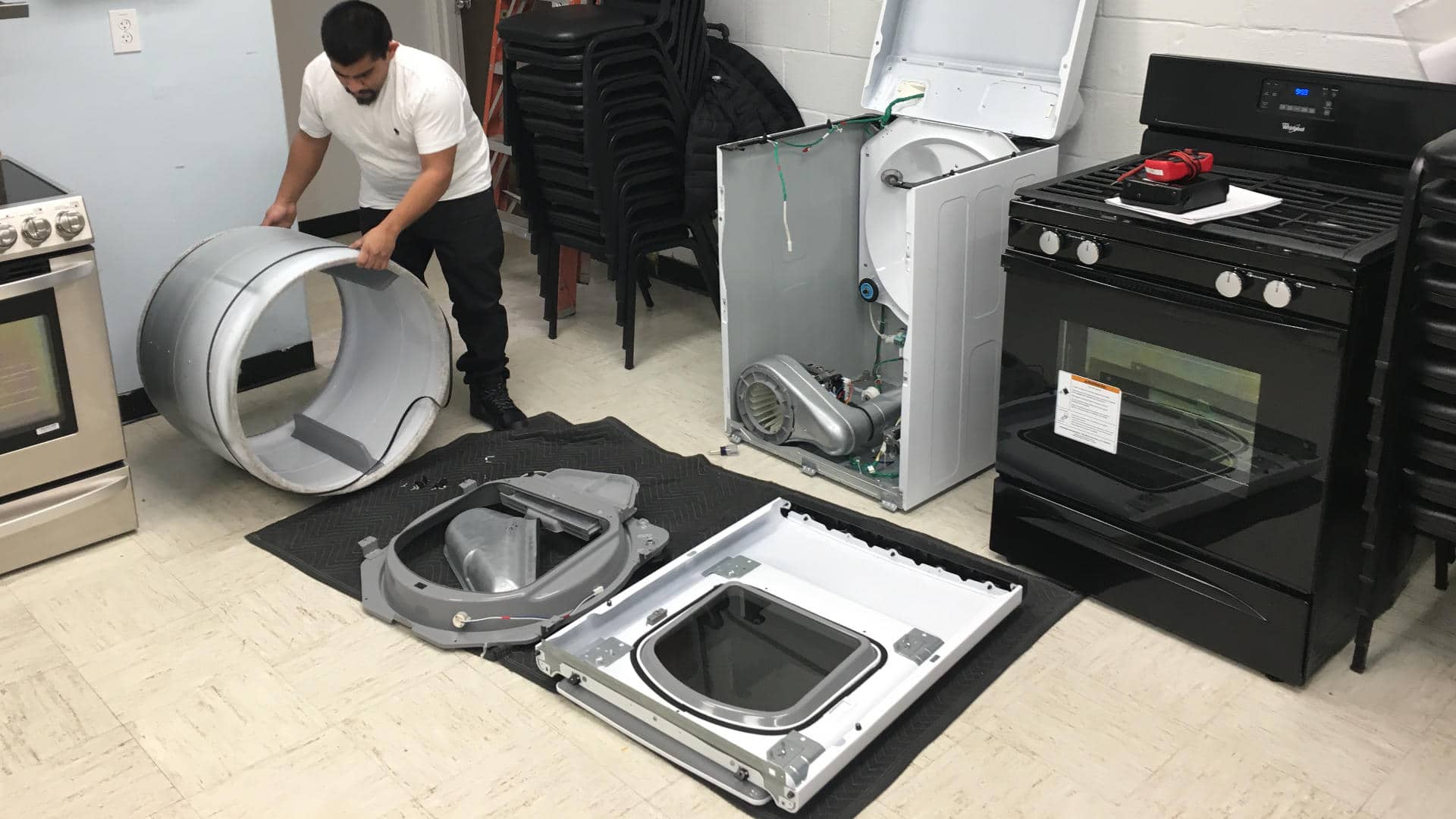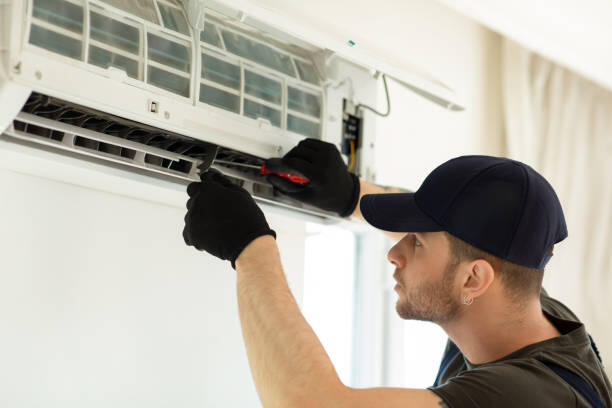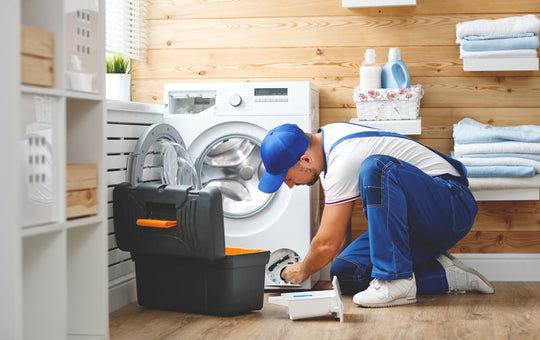Outdoor Appliance Maintenance: Tips for Your Grill and Patio Heater
Maintaining outdoor appliances such as grills and patio heaters is essential for ensuring their optimal performance and longevity. Proper care and timely repairs not only enhance the functionality of these appliances but also prevent potential safety hazards. This guide will explore the key aspects of outdoor appliance maintenance, including routine cleaning, troubleshooting common issues, and recognizing when professional repair is necessary. Whether you're a seasoned grill master or enjoy the warmth of a patio heater on cool evenings, understanding how to maintain and repair these outdoor essentials will ensure they remain reliable and ready to enhance your outdoor living experience.
Getting Started with Outdoor Appliance Maintenance
Getting started with outdoor appliance maintenance is crucial to ensure the longevity and efficiency of your equipment. Outdoor appliances like grills and patio heaters are exposed to harsher conditions compared to indoor ones, facing elements like extreme temperatures, moisture, and dirt, which can significantly affect their performance and lifespan. Here’s how to establish a good maintenance routine:
Understand Your Appliances
Familiarize yourself with the specific maintenance requirements of each outdoor appliance. Grills, for example, have different needs depending on whether they are gas, charcoal, or electric. Patio heaters also vary, with different maintenance steps for propane, electric, and natural gas models. Consult the manufacturer’s manual for specific care instructions and safety warnings.
Regular Cleaning
The cornerstone of outdoor appliance maintenance is regular cleaning. For grills, this means removing grease and food residue after each use to prevent build-up that can lead to flare-ups and uneven heating. Patio heaters require dusting and checking for spider webs or debris in the burner ports, which can block the flame or cause malfunctions.
Check for Wear and Tear
Inspect your appliances for signs of wear, rust, or damage. Components like grill grates, burners, ignition systems, and heater reflectors can degrade over time. Early detection of such issues allows for timely repairs or replacements, avoiding more serious problems down the line.
Protect Your Appliances
When not in use, protect your appliances from the elements with covers specifically designed for them. These covers shield against weather, dust, and debris, prolonging the appliances' aesthetic appeal and functional life.
Schedule Professional Servicing
Some maintenance tasks, especially for gas-powered appliances, should be handled by professionals. Annual check-ups can ensure that gas connections are secure, burners are clean, and the appliance is safe to use.
Initiating and adhering to a regular maintenance schedule for your outdoor appliances not only enhances their performance but also extends their lifespan, ensuring they remain safe and operational for many seasons to come.
Comprehensive Grill Maintenance Guide
A comprehensive grill maintenance guide is essential for any barbecue enthusiast to ensure their grill remains in top working order, providing safe and enjoyable cooking experiences. Regular maintenance can extend the life of your grill and prevent common issues. Here’s how to keep your grill performing at its best:
Regular Cleaning
After each use, clean the grill grates to remove food particles and prevent buildup. Use a grill brush for this task. For deeper cleaning, remove the grates and scrub them with a mixture of warm water and dish soap. Clean the burner protectors, burners, and the inside of the grill to remove grease and residue.
Inspect and Clean Burners
The burners are crucial for even cooking. Inspect them regularly for clogs or damage and clean them according to the manufacturer’s instructions. Ensure the gas ports on the burners are clear of any obstructions to maintain a consistent flame.
Check for Gas Leaks
For gas grills, it's vital to check for leaks. Apply a soapy water solution to the gas tank and hoses. Turn on the gas, and if you see bubbles forming, that indicates a leak. Address leaks immediately by tightening connections or replacing damaged hoses.
Rust Prevention and Treatment
Grills, especially those exposed to the elements, can develop rust. Regularly check for rust spots. Treat them early by scrubbing with a wire brush and applying a high-heat resistant paint designed for grills.
Season the Grates
Seasoning cast iron grill grates helps prevent rust and creates a non-stick surface. After cleaning, coat the grates lightly with cooking oil and heat the grill to bake the oil onto the grates.
Winterizing and Storage
If you won’t be using your grill during the colder months, thoroughly clean it and apply a protective cover. For gas grills, disconnect the propane tank and store it safely.
By following these comprehensive grill maintenance steps, you can ensure your grill remains reliable, safe, and ready to cook delicious meals for many years. Regular care not only extends the lifespan of your grill but also enhances your cooking experience.
Patio Heater Care and Upkeep
Patio heater care and upkeep are essential to extend their lifespan and ensure they operate safely and efficiently. Proper maintenance can prevent common issues like ignition failures or uneven heating. Here's a guide to keeping your patio heater in top condition:
Regular Cleaning
Dust and debris can accumulate on the heater, especially if it's used outdoors. Regularly wipe down the exterior with a soft cloth to prevent buildup. For the heating elements, use a gentle brush or vacuum to remove dust without damaging the components.
Check for Obstructions
Inspect the burner and vents to ensure they are clear of obstructions that could block the flow of gas or air, leading to poor performance or safety hazards. Spider webs, leaves, or even small nests can cause blockages and should be carefully removed.
Inspect for Damage
Regularly check your patio heater for signs of wear, corrosion, or damage, particularly in the reflector, burner, and base. Any damaged parts should be repaired or replaced promptly to maintain the heater’s functionality and safety.
Ensure Proper Fuel Connection
For gas-powered patio heaters, it’s important to check the fuel connections regularly for leaks or wear. Use a soapy water solution to check for gas leaks: apply it to the connection points and watch for bubbling, which indicates a leak. Always ensure the gas line is in good condition and replace it if necessary.
Storage and Protection
When not in use, especially during adverse weather conditions or over the winter months, protect your patio heater with a cover to prevent rust and wear from exposure to the elements. If storing indoors, ensure the gas is turned off and the heater is cool and clean before moving it.
Follow Manufacturer’s Guidelines
Refer to the manufacturer’s instructions for specific maintenance recommendations and safety warnings. Regular servicing as per the manufacturer’s guidelines can prevent operational issues and extend the heater's life.
By adhering to these patio heater care and upkeep tips, you can enjoy the warmth and comfort of your outdoor space safely and efficiently for many seasons.
Troubleshooting Common Issues in Outdoor Appliances
Troubleshooting common issues in outdoor appliances like grills and patio heaters can save you time and avoid unnecessary expenses. Here’s how to identify and address some typical problems:
Grills
Problem: Uneven heating
Solution: Check for blocked burner holes and clean them if needed. Ensure that the gas supply is consistent and the burners are correctly positioned.
Problem: Ignition failure
Solution: Inspect the igniter for dirt or damage. Make sure the battery (if present) is functional and the connections are secure. For manual ignition, use a grill lighter or match to start the burner cautiously.
Patio Heaters
Problem: Heater won’t start
Solution: Ensure there’s adequate fuel in the tank and that the valve is fully open. Check the pilot light and ignition system for blockages or malfunctions. If using an electric heater, verify the power source and circuit breaker.
Problem: Inadequate heat output
Solution: Clean the burner and emitter to remove any debris that could be hindering the flame. For gas heaters, ensure the gas pressure is adequate and the nozzle is clear.
General Maintenance Tips
Proactive Checks: Regularly inspect outdoor appliances for signs of wear, corrosion, or damage. Early detection of issues can prevent more significant problems.
Cleanliness: Keep the appliances clean, as dirt and grime can lead to functional issues. Ensure that all vents and airways are clear to promote optimal operation.
Professional Help: For complex issues, especially those related to gas connections or electrical components, seeking professional repair services is advisable to ensure safety and effectiveness.
Troubleshooting these common issues in outdoor appliances can help maintain their functionality and prolong their life. However, always prioritize safety and consult the user manual or a professional if you're unsure about the problem or solution.
When to Seek Professional Repair for Outdoor Appliances
Knowing when to seek professional repair for outdoor appliances is crucial for ensuring their longevity and safe operation. While some issues can be addressed with DIY methods, there are certain situations where the expertise of a professional is necessary:
Complex Mechanical Failures
If your grill or patio heater has a complex mechanical issue, such as a malfunctioning gas valve, broken heating element, or faulty wiring, it’s time to call in a professional. These components require specialized knowledge and tools for safe and effective repair.
Gas Leaks
Any sign of a gas leak, characterized by the smell of gas around the appliance or a hissing sound, necessitates immediate professional attention. Gas leaks are dangerous and need to be addressed by a qualified technician to prevent potential fire hazards or explosions.
Persistent Performance Issues
If you've attempted basic troubleshooting and the appliance continues to perform poorly—like a grill not reaching the right temperature or a patio heater extinguishing frequently—it’s advisable to seek professional repair. Persistent issues often indicate underlying problems that require detailed inspection and repair.
Structural Damage
Significant structural damage, such as deep rusting, cracks in the appliance body, or severe wear and tear, should be evaluated by a professional. These issues can affect the appliance's safety and operational integrity.
Warranty Concerns
If your outdoor appliance is still under warranty, professional servicing may be required to maintain the warranty terms. Check your warranty details, as some manufacturers require repairs to be conducted by certified technicians.
Seeking professional repair for outdoor appliances ensures that complex and potentially dangerous issues are handled safely and effectively. It also helps in maintaining the appliance’s performance and extending its lifespan, providing peace of mind that your outdoor equipment is in good working order.

